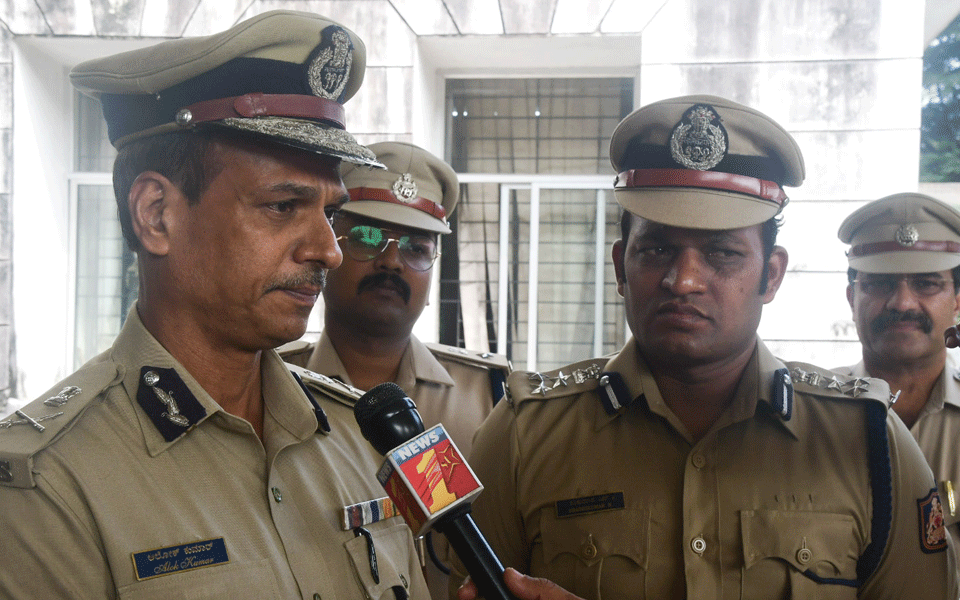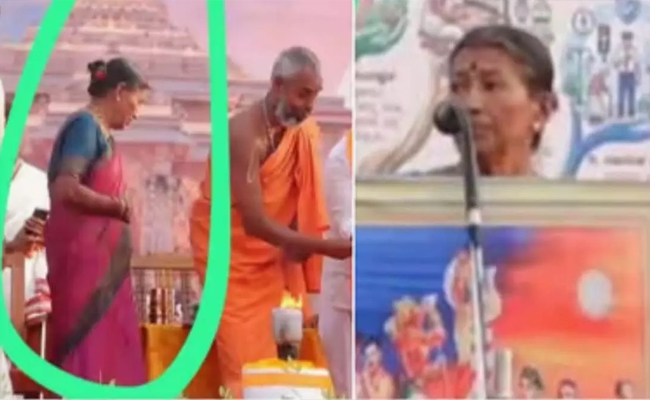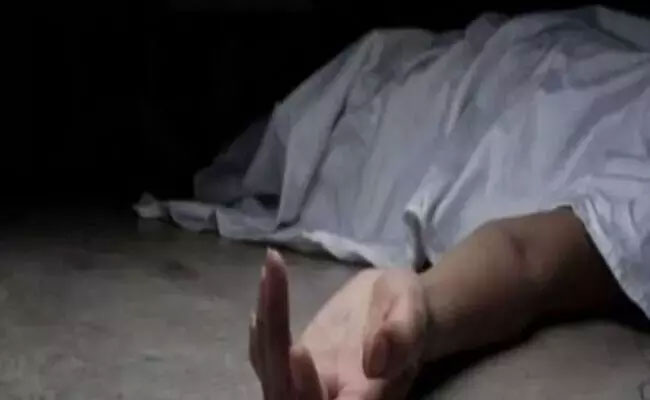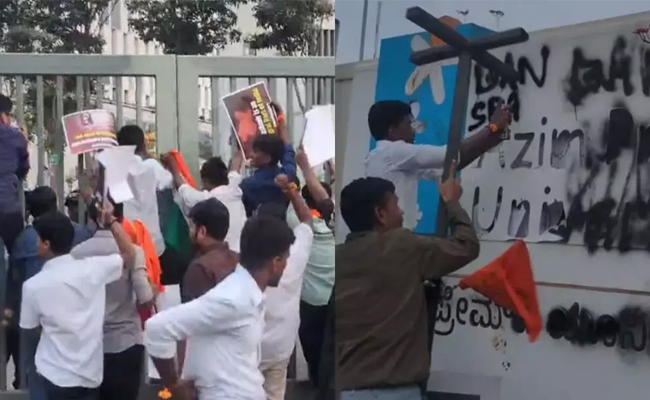Mangaluru: AGDP Alok Kumar said, “Concerning the newly risen controversy at Malali, we will not allow disruption of law and order”, he said.
After accepting his role as the AGDP, Alok Kumar who arrived in Mangaluru for the first time spoke to the media representative before conducting a meeting with the officials at the Police Commissioner's office.
“Malali issue is currently with the court. The court has ordered to maintain the status quo until June 3. In that regard, actions have been undertaken to safeguard law and order”, he said.
“Mangaluru is a delicate region. In one year, there is going to be an election here. After discussing with the officials in this regard, necessary actions will be undertaken”, he informed.
“In the wake of increasing Cyber Crimes, Mangaluru police have taken necessary actions. An inspection will be conducted in this regard. Along with that, discussions will also be conducted with the officials about taking necessary action in the coastal region”, he said.
Police Commissioner N. Shashikumar, DCPs Hariram Shankar, and Dinesh Kumar were present during the occasion.



Let the Truth be known. If you read VB and like VB, please be a VB Supporter and Help us deliver the Truth to one and all.
Manjeshwar: The participation of a CPI leader in a Hindu convention organised by the RSS has triggered discussion in political circles.
Sundari Shetty, former president of Meenja panchayat and a district committee member of the CPI in Kasaragod, attended the Hindu gathering held in Meenja. She offered floral tribute to a portrait of Bharat Mata and also addressed the gathering from the stage, which has led to controversy.
Following the development, the CPI district unit has issued a notice to Sundari Shetty seeking an explanation. Party sources said that the presence of a senior leader of a party that follows communist ideology at a Hindu convention has caused unease within the party.
There are indications that disciplinary action may be initiated against her in connection with the incident.





